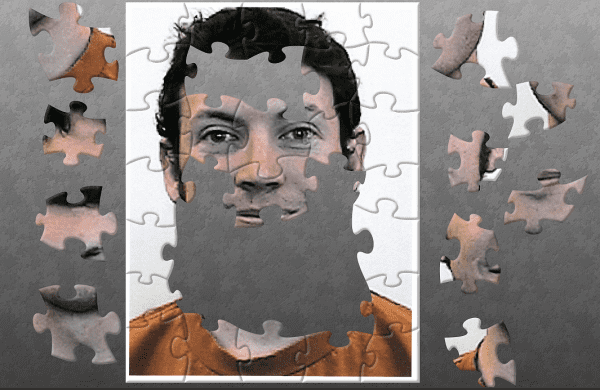Bill Angel
Gold Member
Here is an interesting coincidence. The following is a dream by Jared Lee Loughner, who pleaded guilty to 19 charges of murder and attempted murder in connection with the shooting in Tucson, Arizona, on January 8, 2011, in which he shot and severely injured U.S. Representative Gabrielle Giffords.
The dream comes from the article “Lucid Dreams Deferred: Jared Loughner's Extraordinary Email Madness”
For clarity’s sake I corrected the author’s grammar a bit, and also reformatted the text.
Here is a picture of James Holmes, who perpetrated the mass shooting at a movie theatre in Aurora Colorado:

James Holmes used a 12-gauge Remington 870 Express Tactical shotgun, and also fired a Smith & Wesson M&P15 semi-automatic rifle with a 100-round drum magazine,which malfunctioned after reportedly firing about 30 rounds.
Note that James Holmes has mixture of hair color similar to what Jared Lee Loughner described in his dream. Also note that James Holmes used weaponry similar to what Laughner depicted in his dream. Also, both the "Joker" from the Batman comics and motion pictures, and the "man in a top hat" from the Monopoly board game are cartoonish images.
Is it possible that James Holmes and Jared Lee Loughner share some kind of connection on a conscious or on an unconscious level?
The dream comes from the article “Lucid Dreams Deferred: Jared Loughner's Extraordinary Email Madness”
For clarity’s sake I corrected the author’s grammar a bit, and also reformatted the text.
I was in a building .
There was a man with a bold face.
He was very big.
He had a large face and reddish light brown hair.
He had a shotgun.
He was shooting people at the door with a shotgun and with a tommy gun.
Then a large police truck pulls up, big and white, with a bed in the back.
The black character with a top hat jumped in…
He looked like the Monopoly character.
Here is a picture of James Holmes, who perpetrated the mass shooting at a movie theatre in Aurora Colorado:

James Holmes used a 12-gauge Remington 870 Express Tactical shotgun, and also fired a Smith & Wesson M&P15 semi-automatic rifle with a 100-round drum magazine,which malfunctioned after reportedly firing about 30 rounds.
Note that James Holmes has mixture of hair color similar to what Jared Lee Loughner described in his dream. Also note that James Holmes used weaponry similar to what Laughner depicted in his dream. Also, both the "Joker" from the Batman comics and motion pictures, and the "man in a top hat" from the Monopoly board game are cartoonish images.
Is it possible that James Holmes and Jared Lee Loughner share some kind of connection on a conscious or on an unconscious level?
Last edited:


